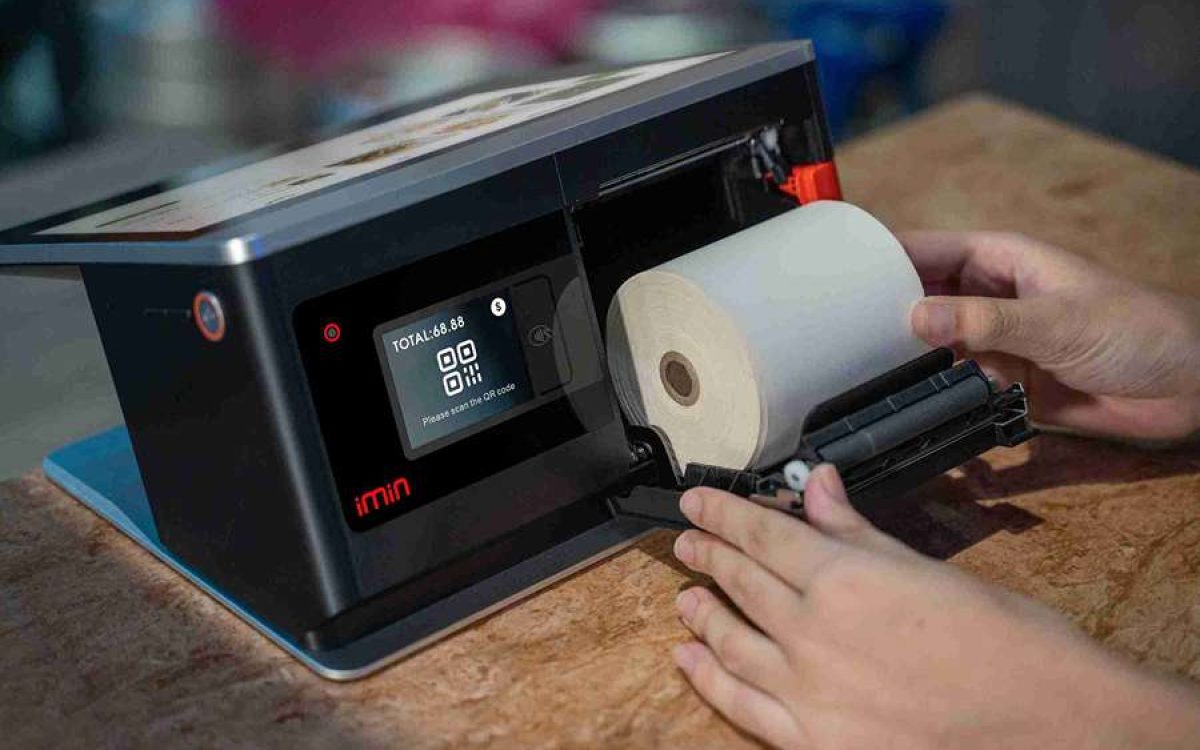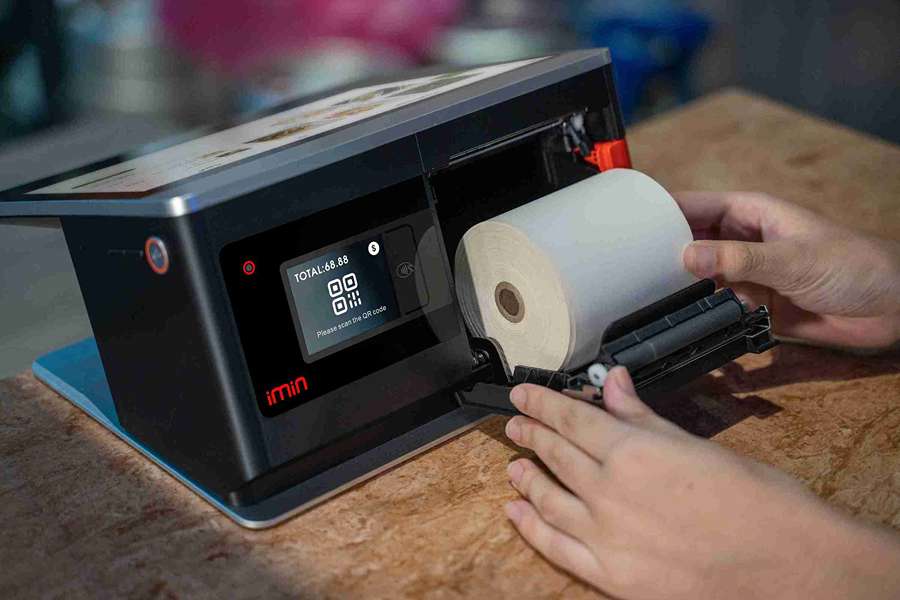The challenges are manifold in the dynamic landscape of small businesses, particularly for those with physical storefronts, like retailers and restaurant owners. Balancing purchase management, cash flow, inventory maintenance, employee satisfaction, and customer service demands unwavering dedication, a robust business strategy, and a bit of luck. Amidst this cyclone of responsibilities, one crucial technical decision looms large—the choice of a Point of Sale (POS) system.
The Conundrum of Choosing the Right POS System
Selecting the optimal POS system is no walk in the park. The market is flooded with options, each catering to different business needs. Should the POS system integrate seamlessly with inventory management, or is a basic purchase tracking system sufficient? Local hosting or cloud-based solutions—what aligns with your business model? The perpetual concern of intermittent internet connectivity with cloud-based solutions further complicates decision-making.
As if these considerations weren’t challenging enough, the support aspect adds another layer of complexity. Do you possess the technical expertise to troubleshoot and customize the system, or do you rely on vendor support? The reliability of vendor support is paramount—what if they vanish tomorrow? Is your system open enough for a swift transition to a new vendor?
The Case for Open Source Point of Sale Systems
Amidst these considerations, open-source POS systems emerge as a compelling business option. Open open-source POS systems offer a viable solution, especially suited for those with in-house technical expertise seeking cost-effective self-management and businesses requiring extensive customization.
Also, read about Best Blogging Platforms
Exploring Open Source Options
Let’s delve into a few notable open-source POS systems that might align with your business needs:
1. Odoo
Odoo is a comprehensive solution that seamlessly connects POS with inventory, e-commerce, marketing, and sales tools. Its web-based system, compatible with Windows and Linux, derives its strength from integrations. Released under LGPL version 3, Odoo is primarily written in Python, making it versatile.
2. OSPOS
Open Source Point Of Sale (“OSPOS”) lives up to its name as a web-based system that can be locally or remotely installed. Packaged with Docker for easy installation and even runnable on a Raspberry Pi, OSPOS boasts features beyond basic POS operations. It operates under an MIT license with a primary foundation in PHP and a MySQL backend.
3. SambaPOS
SambaPOS caters specifically to restaurants, supporting multiple languages and currencies. While the newer version is proprietary, SambaPOS 3, available as open source under GPLv3, could be a suitable choice for businesses with straightforward requirements. Written in C#, it targets Windows platforms.
4. WallacePOS
WallacePOS is a web-based POS system in PHP, designed to work seamlessly with standard POS hardware. Its browser-centric approach ensures compatibility with modern operating systems. The source code, available under GPL version 3, adds to its appeal.
5. Unicenta
uniCenta oPOS is a versatile Point of Sale (POS) solution suitable for small to large enterprises, offering both cloud-based and on-premise deployment options. Known for streamlining point-of-sale operations, it caters to the needs of SME retailers. The feature-rich system includes capabilities like inventory management, barcode printing, and various reporting tools. With a user-friendly interface, uniCenta oPOS is designed to enhance the overall retail experience.
6. Floreant
Floreant, a specialized Point of Sale (POS) system designed to focus on the restaurant industry, emerges as a robust solution for businesses seeking efficiency and versatility. This cross-platform compatible POS system is crafted to operate seamlessly across various platforms, making it an adaptable choice for diverse restaurant environments. Floreant operates on an open-source model, allowing businesses to customize the system according to their specific requirements and ensuring adaptability that proprietary systems may lack.
7. Chromis
Chromis, a point of sale (POS) system, has carved a niche by offering tailored solutions, mainly catering to the restaurant industry. Designed to focus on efficiency and flexibility, Chromis aims to streamline operations for businesses with diverse needs. Chromis operates on an open-source model, allowing businesses to customize and tailor the system according to their requirements. This flexibility is particularly advantageous for establishments seeking unique solutions.
While Chromis provides a robust set of features, it’s important to note that the system operates under the General Public License (GPL). Businesses can modify the source code to align the system with their unique requirements.
8. Apache OFBiz
Apache OFBiz, standing for “Open for Business,” is a robust open-source suite of business applications that goes beyond just Point of Sale (POS). Developed by the Apache Software Foundation, OFBiz provides a comprehensive set of tools to streamline various aspects of business operations. It’s a complete business solution offering CRM, ERP, e-commerce, and more modules. Its POS capabilities are integrated seamlessly into the broader framework, ensuring complete business management.
Making the Right Choice for Your Business
Choosing the ideal POS system hinges on understanding your business’s unique demands. Consider factors like existing hardware support, transaction volume, return handling efficiency, and payment methods your customers prefer. Thoroughly assess these specifics before making a decision.
Share Your Insights
Have you explored any of these open-source POS systems, or perhaps a different one? Share your experiences and valuable advice in the comments below. Your insights could guide others in making informed decisions.







